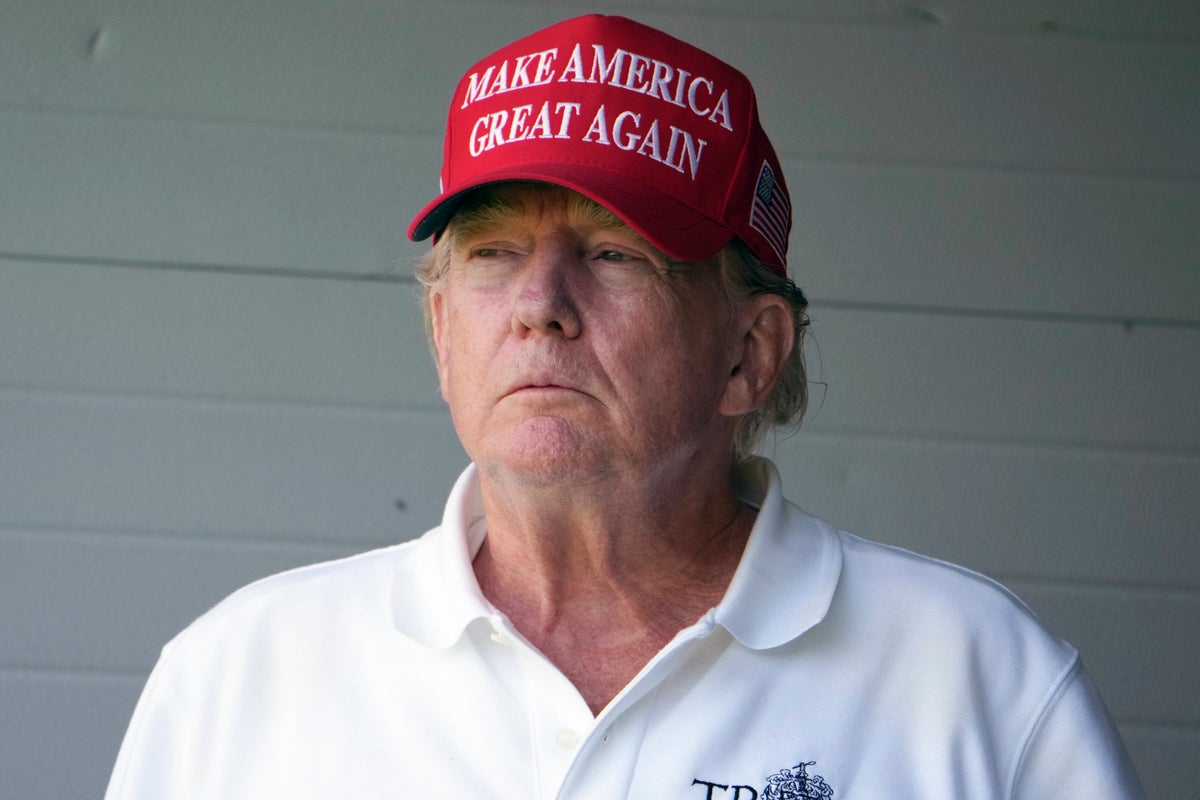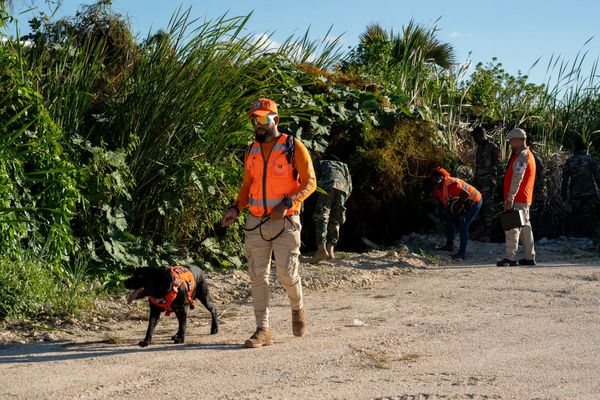
Donald Trump is widely expected to be indicted for a third time this year after receiving a letter from Justice Department special counsel Jack Smith warning him that he is under investigation by a grand jury over his role in inciting the US Capitol riot of 6 January 2021.
This comes after he has already been indicted twice this year – first in New York over the alleged misrepresentation of business records to conceal hush money payments he is accused of making to porn star Stormy Daniels during the 2016 election campaign and second over his alleged mishandling of classified documents since leaving the White House, the latter case seeing him become the first former president in American history to be arrested on federal criminal charges.
What’s more, a fourth indictment could soon follow, as Mr Trump is also under investigation by Fani Willis, district attorney of Fulton County, Georgia, over his apparent attempt to influence state officials in the immediate aftermath of the 2020 presidential election while the vote count was ongoing in that crucial swing state.
For his part, Mr Trump has strenuously denied any wrongdoing and repeatedly insisted – without any evidence – that he is the victim of a costly “witch hunt” by the Joe Biden administration, which he claims has weaponised the US justice system against him in order to thwart his proposed political comeback at taxpayers’ expense.
Here’s a rundown of what all the legal terminology means and how we might see Mr Trump’s case progress through the criminal justice system.
What is a grand jury?
In the American legal system, a grand jury is simply a group of randomly-selected American citizens called upon by the federal or state laws of the United States to conduct legal proceedings, chiefly to weigh the evidence in a criminal case to determine whether there is a sufficent basis under which charges should be brought.
Unlike a trial, a unanimous verdict is not required. Typically, just 12 of a 16 to 23-strong grand jury needs to vote to indict a person for it to take place.
All proceedings surrounding grand juries are secret in accordance Rule 6(e) of the Federal Rules of Criminal Procedure and the burden of proof for prosecution lower than it is at a trial, with only a majority belief in “probable cause” needed to secure an indictment.
What is an indictment?
Should a grand jury conclude in favour of issuing formal charges, an indictment is then issued to the subject, which serves as formal notice that the state has reason to believe that person has committed a crime.
An indictment does not determine guilt or innocence but is a required procedural step in a criminal proceeding.
What is an arraignment?
After the state secures an indictment, it can take a case forward to an arraignment.
At an arraignment hearing, which takes place before a judge, defendants are read the charges facing them and the maximum penalties they carry and then are offered the opportunity to make a plea — either not guilty, no contest, or guilty.
If the defendant pleads guilty or no contest, the case most frequently moves to sentencing.
If the defendant pleads not guilty, the judge will set the terms of bail and the dates for subsequent events in the case, including any pre-trial hearings and an eventual trial, which can sometimes occur months or years after the initial charging date.
So where is Trump in all of this?
The former president has already been indicted twice — once by Manhattan district attorney Alvin Bragg for his alleged role in the hush money scheme and by Mr Smith in Florida for his alleged mishandling of classified documents and obstruction of justice.
Mr Trump was arraigned in New York in the state case on 4 April and in Miami in the federal case on 13 June.
The former commander-in-chief pleaded not guilty in both instances.
Mr Trump was released after both arraignments and is not expected to be held in jail while awaiting a potential trial in either case.
He is, of course, running for the presidency again and is the current runaway leader in the polls for the Republican presidential nomination, leaving the likes of Ron DeSantis, Mike Pence, Nikki Haley, Tim Scott and Chris Christie trailing in his wake, which could make things interesting going forward.







